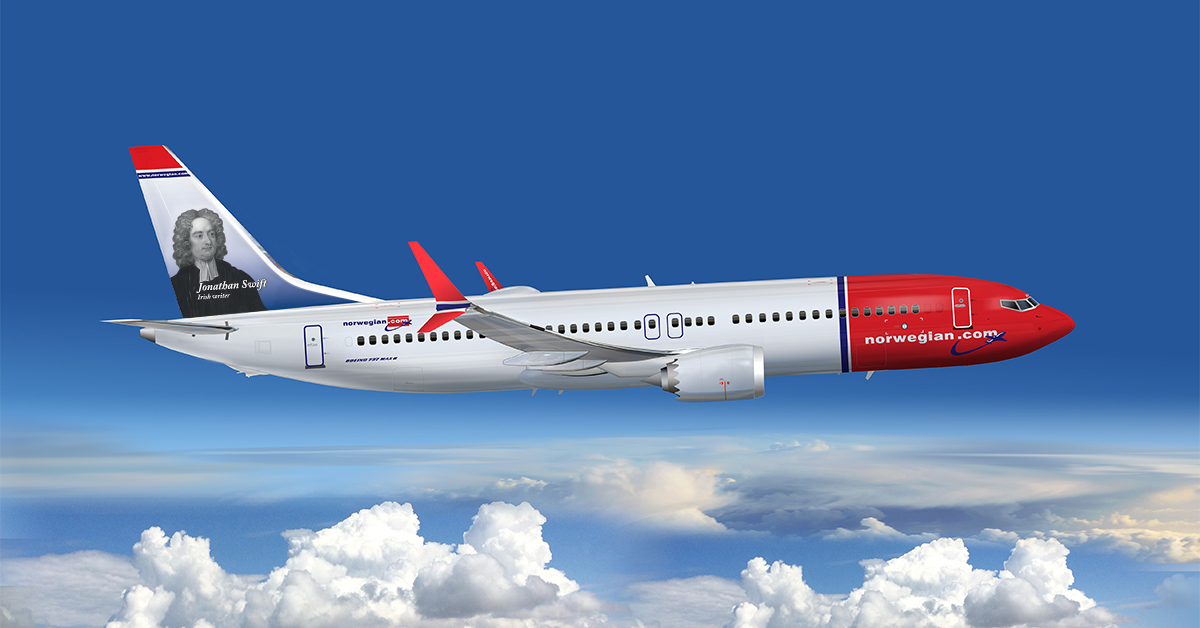
The “Digital Testbed Air Cargo” (DTAC) project, spearheaded by the Fraunhofer Institute for Material Flow and Logistics IML, made waves at Munich Airport with a groundbreaking demonstration of AI and autonomous robots poised to transform air cargo handling. In collaboration with industry partners, including Munich Airport and Frankfurt University of Applied Sciences, the DTAC consortium unveiled innovative solutions set to optimise efficiency and performance throughout the air freight transport chain.
Robotic innovations stole the spotlight, with autonomous “robot dogs” patrolling warehouses, dynamic transport robots manoeuvring pallets, and agile “segway robots” facilitating parcel placement onto conveyor belts. These advancements, which may sound like science fiction, represent tangible progress towards streamlining labour-intensive and repetitive tasks in cargo handling.
Christian Bernreiter, Bavarian State Minister for Housing, Construction, and Transport, hailed the demonstration as a testament to the industry’s readiness to embrace technological advancements. Dr Jan-Henrik Andersson, Chief Commercial Officer & Chief Security Officer of Munich Airport, echoed this sentiment, emphasising the role of digitalisation and robotics in enhancing efficiency and job attractiveness in cargo handling.
Funded by the German Federal Ministry for Digital and Transport, the DTAC project aims to optimise the air freight transport chain through enhanced networking and digitalisation of processes. The successful demonstration showcased the potential for autonomous and automated devices to revolutionise cargo handling, paving the way for increased efficiency and performance.
While some process steps were controlled manually during the demonstration, researchers anticipate a rapid increase in automation levels in air cargo handling. Prof. Michael Henke, Executive Director of Fraunhofer IML, highlighted the role of artificial intelligence in coordinating and controlling autonomous systems, envisioning a future where fully autonomous systems propel the air cargo industry into a new era of efficiency and innovation.




Modern IT is now the main driver for the development and simplification of technological processes. Technical innovations in artificial intelligence, IoT, AR, quantum computing, GreenTech and Deep Tech are now optimising the system for developing digital business models and helping to streamline workflows. This is the near future of most industries, including logistics.
Today, the latest IT ideas make it possible to accurately calculate the cost of delivery, create a wide range of different capabilities that simplify the planning of logistics processes, facilitate the autonomous performance of certain functions, and even provide an opportunity to anticipate certain types of risks. Many companies are already implementing such practices: versandunternehmen Deutschland https://shipstage.com/blog/top-versanddienste-in-deutschland-fur-beste-losungen Together, such technical innovations and digital business models provide an excellent foundation for development in 2024.